News Corp donates $1 million grant to Rural and Remote Mental Health
Long after the bushfires and floods, the mental health scars remain – but work in this area is about to get a big boost thanks to News Corp.
National
Don't miss out on the headlines from National. Followed categories will be added to My News.
From bushfires and floods to financial hardship, mouse plagues and global pandemics, life has thrown some very particular challenges at Aussies living in remote and regional areas these past few years.
And while some areas may be showing green shoots of regrowth, experts warn the mental health recovery is only just beginning.
Research shows people living outside Australia’s major capital cities are 1.5 times more likely to commit suicide, and that tragic rate only increases, the more remote you get.
There are concerns rates of mental ill-health and trauma are likely to rise as we head back into another fire season.
Today, News Corp Australia is announcing a $1 million mental health and wellbeing grant to Rural & Remote Mental Health (RRMH), to support their life-changing work. The new grant adds to the $3.2 million the company has donated to assist the ongoing recovery of areas devastated by the Black Summer bushfires.
RRMH CEO Joe Hooper said he was thrilled the organisation was partnering with News Corp.
“With News Corp’s generous support, we will deliver mental health literacy and suicide prevention programs in bushfire affected communities over the next two years,” he said.
“Many areas impacted by the 2019 Black Summer bushfires are struggling to recover. The significant devastation includes the loss of crops, livestock, homes and livelihoods. Despite highly publicised funding announcements, many communities face massive economic hardship. There are still challenges rebuilding properties, businesses and industries.”
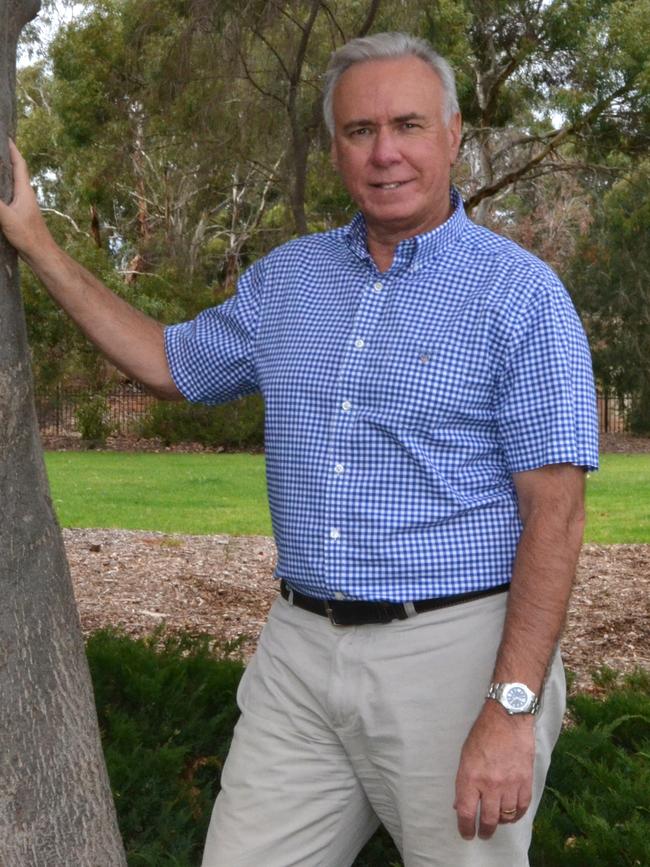
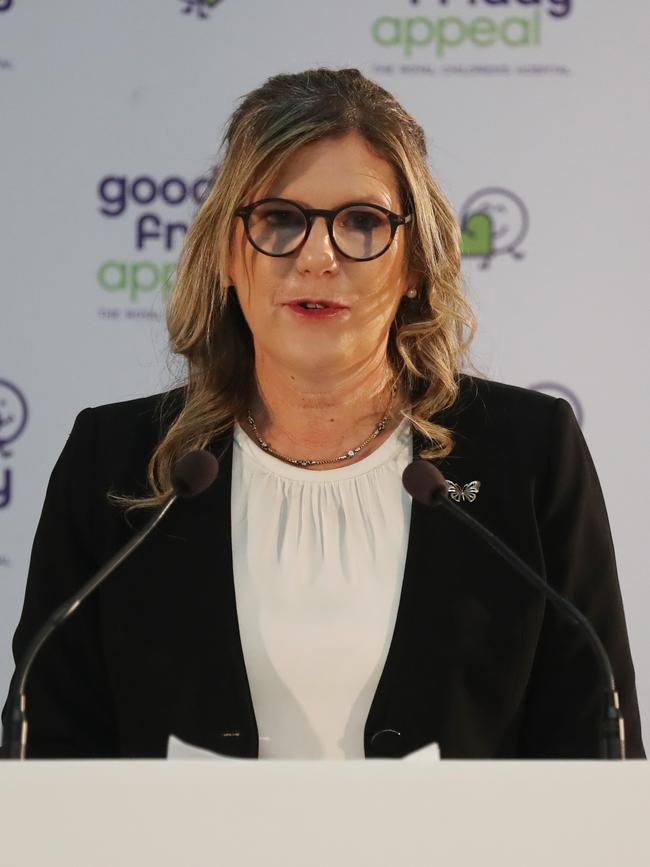
Mr Hooper said RRMH focused on community-based prevention: empowering people to look after their mental health, seek help when they need it and to support others in their community to do the same.
“Our programs have been shown to reduce stigma and encourage conversations about mental health. It’s a vital step to bridging the mental health gap that exists between major cities and the regions,” he said.
News Corp Australia’s Community Ambassador Penny Fowler said many in rural and remote communities were constantly reminded of the trauma and devastation of the Black Summer, with significant impacts on their mental health.
“News Corp Australia has extensively supported the immediate recovery but communities were telling us of a greater challenge,” she said.
“This latest funding will make a tangible difference to the lives and livelihoods of those in bushfire-impacted communities as well as transforming Rural & Remote Mental Health’s capacity to deliver their vital services.”
DARLING DOWNS: REACHING MEN ON MENTAL HEALTH
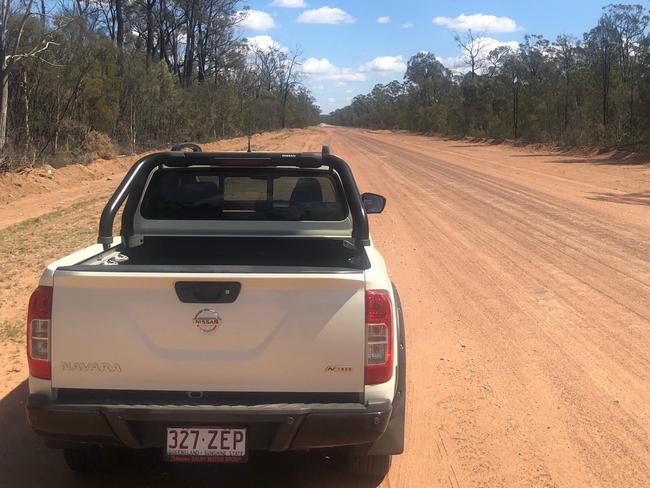
Men in rural and remote Australia are facing a mental health crisis, but their problems are often missed by mainstream health services that lack the ability to communicate with them, community advocate Mary O’Brien says.
Rattled by two suicides in her Darling Downs community in 2019, Ms O’Brien penned an online article titled ‘Are You Bogged Mate?’ which called for an altogether different approach to dealing with the mental health needs of men in the country.
“Rural men ‘don’t talk about emotions’; that’s not how they are wired and they never will be – so stop expecting it of them,” Ms O’Brien wrote. And the isolation that many city-based health services automatically presume is a problem is actually something many farming men thrive on, she said.
The article had a massive response and prompted Ms O’Brien to form a group with the same title to jump-start the conversations about rural men’s mental health that can save lives.
“They’re stoic,” she said of this group. “Being able to communicate with them is key, speaking their language. I don’t use big psychological terms with them, I keep it simple. They will talk and open up, and they do express themselves – but they do this differently to women.”
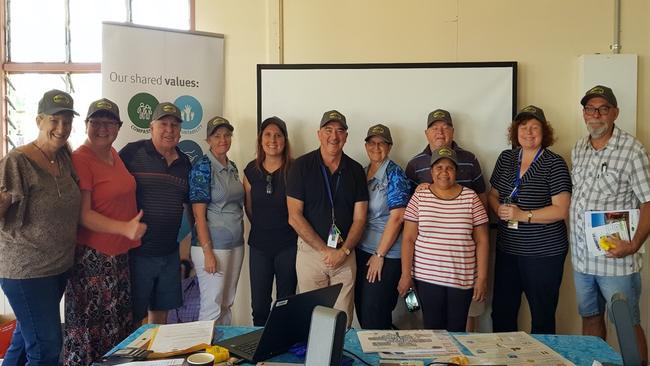
Many mental health initiatives seemed to be targeted at the way women communicate, Ms O’Brien said, and this didn’t work for most men.
While the broad mental health stressors facing rural men such as droughts, floods, bushfires and financial hardships were well known, Ms O’Brien said, this group could also face particular challenges in areas such as relationship breakdown and family law rulings in regards to seeing children.
“We know that mean who are separated have a six times greater risk of suffering mental health issues,” she said. “Distance from ex-wives and children can be a huge issue for these men.”
GIPPSLAND: THE LONG ROAD TO RECOVERY
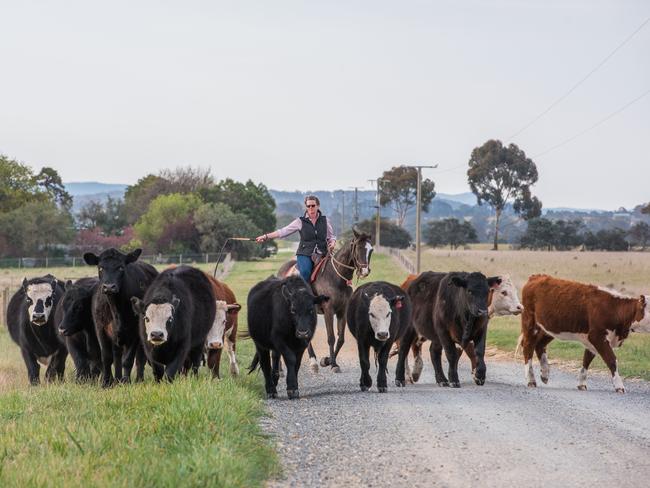
The pastures appear thick and healthy in Gippsland right now and cattle prices are high, but looks can deceive.
Mental health experts warn this is a community struggling in the wake of drought and the Black Summer bushfires.
“There is an expectation you should be doing good, if you’ve got grass and good cattle prices, but during the drought farmers here really had to de-stock,” said Bairnsdale resident Leanne Jennings. “It takes three to five years to restock. People can’t afford to buy.”
But financial pressures are not the only ones that have ratcheted up in the past couple of years.
Fears about Covid-19 meant already-isolated people skipped their usual trips into town, Ms Jennings said, while others battle “bushfire red tape”. Some also struggle with the sudden loss of friends and acquaintances.
“We lost a lot of homes in the area, and the efforts to rebuild are taking a toll,” she said. “People are dealing with insurance, they’re dealing with planning, they can’t cut down trees on their property … we’ve had some local people who have left their jobs in town because of all the red tape around the bushfires. They say they need a secretary just to deal with it all.”
As a presenter with the Rural Minds mental health program, Ms Jennings knows more than most about the pressures facing people in regional Australia. Her 15-person workshops aim to break through the stigma of talking about mental health among country people – who by reputation tend to be reserved and stoic.





